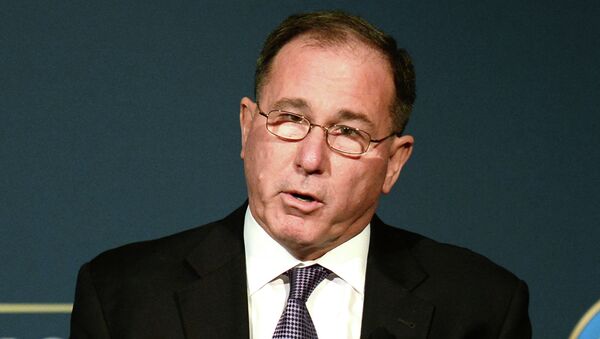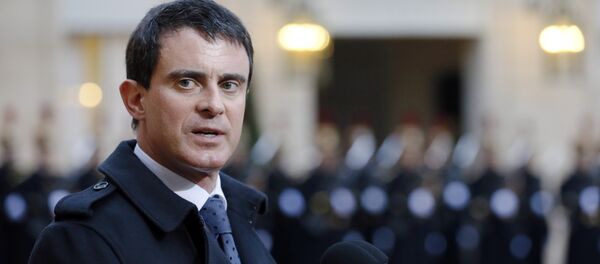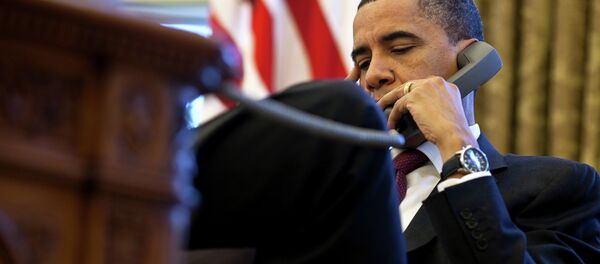“You have multiple groups sponsoring attacks, that competition for leadership of the global jihad,” Vickers said at the Atlantic Council in Washington, DC, pointing out that “attacks in the West in particular are high on their list and increasing in priority.”
Terrorist attacks can take time plan and execute, Vickers said, pointing to the terrorist violence in Paris earlier this month as an example of the style of attacks likely to take place against Western targets in the future. Syria has become a “magnet” for jihadists, Vickers noted, arguing al-Qaeda and the Islamic State have found refuge in failed Middle Eastern states from where they can plan attacks on the West.
Vickers’ analysis of the terrorist threat the West facing comes as a US-led coalition is carrying out an air campaign against the Islamic State in Syria and Iraq. In Yemen, where the government is weak and warring factions have led to a vacuum of power, Vickers described al-Qaeda in the Arabian Peninsula (AQAP) as “probably the most dangerous of al-Qaeda’s branches.”
The jihadist reach and intent to attack Western targets was highlighted in Paris and Belgium earlier this month, Vickers said, as the terrorist had ties to the Islamic State and AQAP. The attack in Belgium was thwarted by security forces, but the Paris attack on Charlie Hebdo left 12 dead, including the two assailants. Another attack on a Jewish grocery in Paris killed four.



